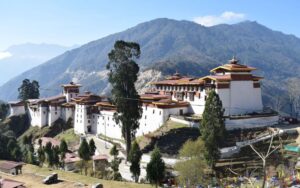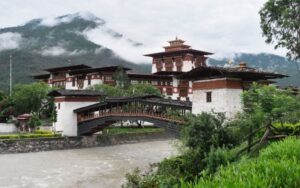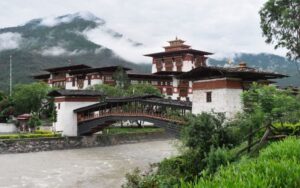Call us: +975 77 75 42 22
TRADITION CULTURE
& LIFESTYLE
While Bhutan is one of the smallest countries in the world, its cultural diversity and richness are profound. As such, strong emphasis is laid on the promotion and preservation of its unique culture. By protecting and nurturing Bhutan’s living culture it is believed that it will help guard the sovereignty of the nation.
Bhutanese society is free of class or a caste system. Slavery was abolished by the Third King Jigme Dorji Wangchuck in the early 1950s through a royal edict. Though, a few organizations to empower women were established in the past, Bhutanese society has always maintained relative gender equality. In general our nation is an open and a good-spirited society.Living in Bhutanese society generally means understanding some accepted norms such as Driglam Namzha, the traditional code of etiquette. Driglam Namzha teaches people a code of conduct to adhere to as members of a respectful society. Examples of Driglam Namzha include wearing a traditional scarf (kabney) when visiting a Dzong or an office, letting the elders and the monks serve themselves first during meals, offering felicitation scarves during ceremonies such as marriages and promotions and politely greeting elders or seniors.
Normally, greetings are limited to saying “Kuzuzangpo” (hello) amongst equals. For seniors and elders, the Bhutanese bow their head a bit and say “kuzuzangpo la” (a more respectful greeting). Recently, shaking hands has become an accepted norm. The Bhutanese are a fun-loving people fond of song and dance, friendly contests of archery, stone pitching, traditional darts, basketball and football are played. The openness of Bhutanese society is exemplified in the way our people often visit their friends and relatives at any hour of the day without any advance notice or appointment and still receive a warm welcome and hospitality.




